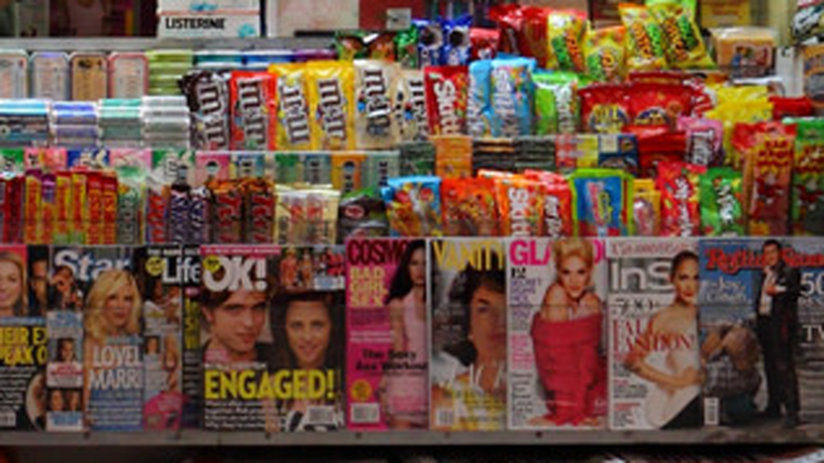
-
HOME
-
WHAT IS STANDOur Mission Our Values Our Help Contact
-
WHAT WE FIGHT FORReligious Freedom Religious Literacy Equality & Human Rights Inclusion & Respect Free Speech Responsible Journalism Corporate Accountability
-
RESOURCESExpert Studies Landmark Decisions White Papers FAQs David Miscavige Religious Freedom Resource Center Freedom of Religion & Human Rights Topic Index Priest-Penitent Privilege Islamophobia
-
HATE MONITORBiased Media Propagandists Hatemongers False Experts Hate Monitor Blog
-
NEWSROOMNews Media Watch Videos Blog
-
TAKE ACTIONCombat Hate & Discrimination Champion Freedom of Religion Demand Accountability
Religious Stigma Isn’t Created by Your Neighbors
If you walked out on the street and asked a random stranger, “What do you think about oppressing people’s religious beliefs?” they’d probably say that it’s a bad thing. The vast majority of the population is well-intentioned toward their fellow man, and I’m sure you’ve seen this for yourself.
Surveys show that most Americans DO agree that religious groups suffer from unfair stigma. Yet despite this majority opinion, 27% of Americans still feel the need to hide their beliefs because they fear social disapproval.
These figures don’t add up. If the majority of people agree that stigma is bad, those people probably don’t originate oppressive sentiments toward others. Yet stigma is still prevalent enough in our society that nearly a third of Americans don’t feel safe expressing their beliefs. So where is the stigma coming from, if not from our neighbors?

For most people, their primary source of information about religious groups is the media. So how much does the news affect people’s perception of religion?
A group of scientists set out to answer this question. They analyzed American news headlines with a type of data modeling called “sentiment analysis” in which massive quantities of words are analyzed to identify trends in subjective information and opinions.
The study found that “the tone of American newspaper articles mentioning Muslims has indeed been consistently and substantially negative, compared both to a representative set of articles and to stories containing references to Hindus, Jews, or Catholics… These findings have implications for understanding how the media cover Muslims. They demonstrate conclusively that negative coverage of Muslims is neither a function of a general media tendency to emphasize negative stories, nor can it be accounted for by stories about negative events or by coverage in presumptively more negative outlets. This suggests that the media are a key vector that contributes to widespread negative attitudes toward Muslims in the United States.”
Countless hate crimes against religious groups have been incited by media propaganda.
How has negative sentiment in Muslim-related news headlines changed people’s minds? A poll found that 82% of Americans feel that it is very important for Christians to be allowed to practice freely, while only 61% reported that Muslims deserved religious freedom.
Scientology is recognized as a religion and is protected by religious freedom laws all over the world. But that doesn’t stop some media from spamming people with bigotry and spurious accusations.

Not surprisingly, the media often fails to report when these claims are proven false. After all, news outlets profit from the most sensational, divisive, panic-inducing coverage possible. Hence the old news trope “if it bleeds, it leads.”
Why does it matter? Well, words don’t exist in a vacuum. Studies have proven that hate speech leads to hate crimes.
Countless hate crimes against religious groups have been incited by media propaganda—Muslims were targeted in the 24-hour news cycle that started after 9/11. Jews were targeted by Nazi propaganda in the 1930s and 40s. Scientologists have received death threats, bomb threats and experienced acts of violence as a result of lies spread in “the news.”
How often do you read good news about Scientology? Have you heard about our disaster relief work, programs aimed at improving child literacy and fighting drug addiction, or our efforts to protect human rights around the world?
So the next time you see an article or tabloid trashing Scientology or any other religion, realize that you’re assimilating something that is intentionally designed to give you negative sentiments, without regard to the damage those words might cause for real people, who have real rights, and who do good things in the world.









